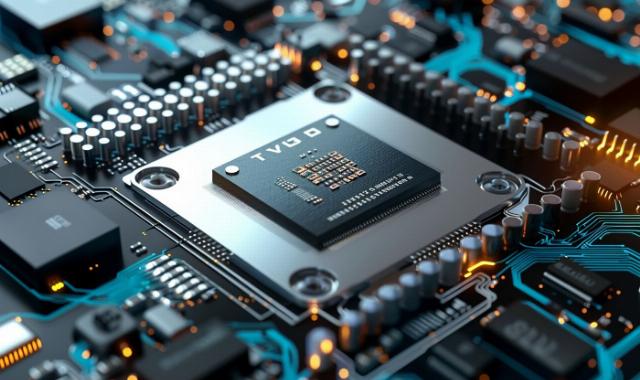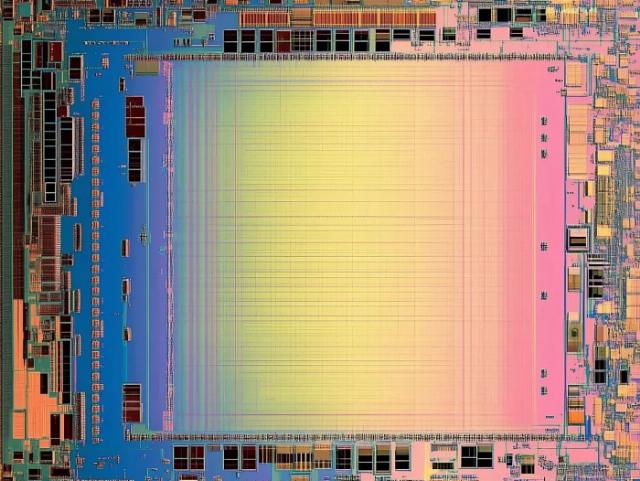
Universal processor
Ubitium startup attracted close media attention, which promised to release nothing less than a "universal processor" by 2026 to replace existing solutions. It's called the Universal Processor, and it's an example of a new microarchitecture that doesn't have specialized cores to perform individual tasks. Instead, the processor is a single space for implementing arbitrary sets of operations with minimal resource consumption.
Ubitium has a solid base, this startup was created by veteran developers from Intel, Nvidia and Texas Instruments. The leading inventor is Martin Forbach, who holds more than 200 patents licensed by major chip manufacturers. And the most interesting thing is that the company does not need hundreds of millions of dollars of investments, as it offers a different, extremely simple and cheap approach to chip design. Now their budget is only $3.7 million.

Universal processor
Specialized processors (central, video, neuro, etc.) are good only for a narrow range of tasks, and therefore they simply have no place in consumer devices – the cores are idle most of the time. And the majority of users do not need large computing power. This means that all tasks can be assigned to a universal set of transistors that will dynamically switch between different operations. And perform an impressive amount of work with little effort. The main advantage of Universal Processor is the ability to increase productivity per unit cost from 10 to 100 times in comparison with existing solutions. It will depend on the specific product, whether it's a tiny chip for embedded devices or a powerful processor for server solutions. As explained by Ubitium CEO Hyun Shin Cho, they intend to make a "complete paradigm shift" in the design of microprocessors.
Alexander Martynenko

